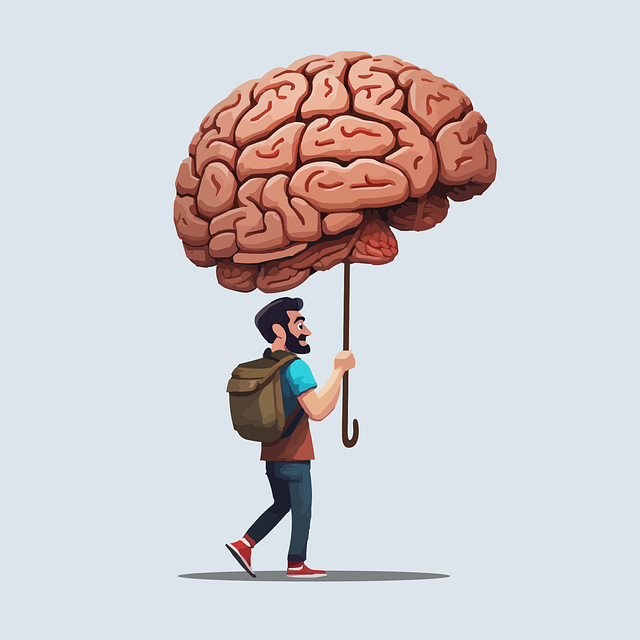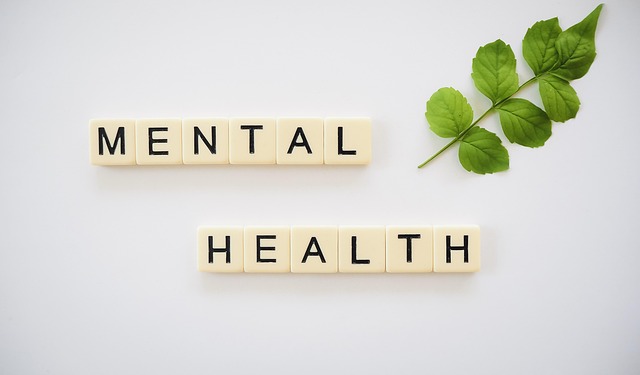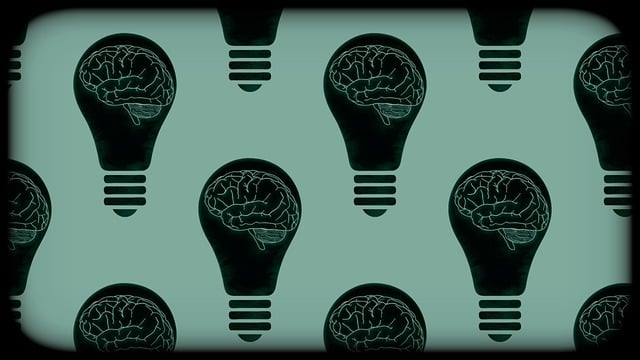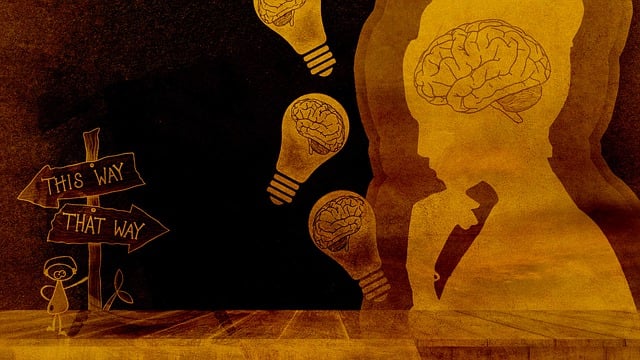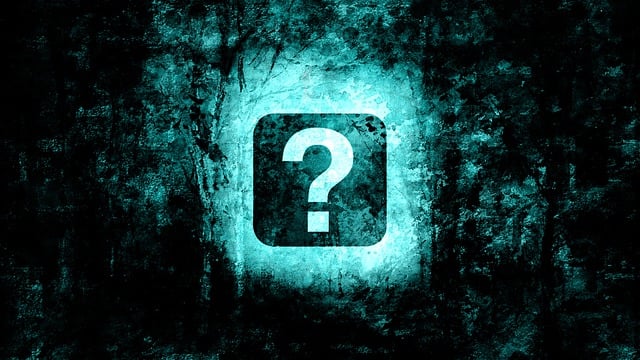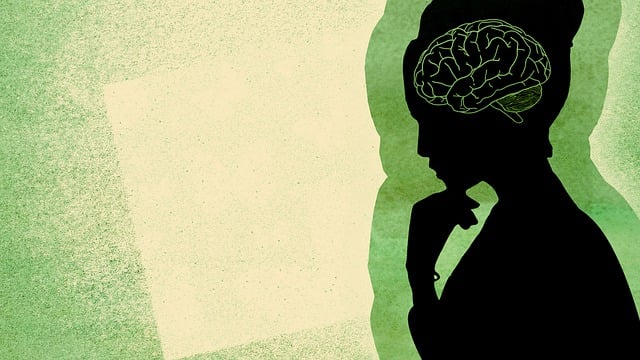Understanding mental health diagnoses is crucial for effective treatment, especially in crisis counseling. Qualified professionals use diverse tools to identify conditions like depression, anxiety, bipolar disorder, schizophrenia, and PTSD. Accurate diagnosis guides tailored therapy and self-care routines. In acute crises, therapy for crisis counseling offers immediate support and guidance, helping clients manage intense emotions and gain clarity. Beyond crisis intervention, this therapy serves as a gateway to broader mental health support, fostering emotional well-being through personalized approaches like cognitive-behavioral therapy (CBT) and mindfulness practices. Effective communication during assessments allows therapists to develop personalized strategies for improved mental wellness, empowering patients with tools to confront difficult emotions and build resilience through self-care practices.
“Mental illness diagnosis and treatment navigation can be complex, but understanding the process is crucial for effective management. This article guides you through the intricate journey of mental health assessments, offering insights into how to decipher diagnoses. We explore crisis counseling’s vital role in acute situations, providing a lifeline for immediate support. Furthermore, it delves into various therapy approaches, guiding individuals and families navigating healthcare systems. Self-care strategies are also highlighted, emphasizing their significance for long-term wellbeing.”
- Understanding Mental Health Diagnoses: Unraveling the Process
- The Role of Crisis Counseling in Acute Situations
- Exploring Treatment Options: Therapy Approaches for Mental Illness
- Navigating the Healthcare System: A Guide to Effective Communication
- Building Resilience: Self-Care Strategies for Long-Term Wellbeing
Understanding Mental Health Diagnoses: Unraveling the Process

Understanding mental health diagnoses is a crucial step in navigating treatment effectively. The process involves a comprehensive evaluation by qualified professionals who employ various tools and assessments to identify specific conditions. This may include in-depth interviews, surveys, and observations to gather insights into an individual’s thoughts, feelings, behaviors, and overall functioning. By integrating this data, mental health experts can accurately diagnose conditions such as depression, anxiety disorders, bipolar disorder, schizophrenia, or post-traumatic stress disorder (PTSD), among others.
Accurate diagnosis serves as a cornerstone for tailoring effective therapy for crisis counseling and self-care routine development for better mental health. It guides treatment plans, ensuring that interventions are aligned with the unique needs of each individual. Mental wellness podcast series production can also offer valuable insights into managing specific conditions, while risk assessment for mental health professionals remains essential in ensuring safe and competent care.
The Role of Crisis Counseling in Acute Situations

In acute mental health crises, crisis counseling plays a pivotal role in providing immediate support and guidance. This specialized therapy for crisis counseling offers a safe space for individuals to express their distress, fears, and concerns. Trained counselors help clients navigate intense emotions, make sense of their experiences, and explore coping strategies to manage the current situation effectively. By focusing on short-term relief and stability, crisis counseling enables individuals to gain clarity and make informed decisions about their long-term mental wellness.
Beyond immediate crisis intervention, crisis counseling often serves as a gateway to broader mental health support. It can facilitate referrals to suitable therapists, psychiatrists, or specialized programs such as Mental Wellness Coaching and Social Skills Training. This holistic approach ensures that individuals receive comprehensive care tailored to their unique needs, fostering emotional well-being promotion techniques that extend beyond the acute crisis.
Exploring Treatment Options: Therapy Approaches for Mental Illness

Navigating treatment options for mental illness can feel like a daunting task, but exploring various therapy approaches offers hope and effective solutions. Crisis counseling, a crucial component in immediate support, focuses on helping individuals manage acute situations and short-term relief. This dynamic process equips folks with coping mechanisms to navigate turbulent times.
Beyond crisis intervention guidance, other therapeutic modalities cater to diverse mental wellness needs. From cognitive-behavioral therapy (CBT) known for its structured approach to mindfulness-based practices that encourage self-awareness and acceptance, each method has unique benefits. The Mental Wellness Podcast Series Production can serve as a valuable resource, providing insights into these approaches, helping individuals make informed decisions about their healing journey.
Navigating the Healthcare System: A Guide to Effective Communication

Navigating the healthcare system can be overwhelming, especially when dealing with mental health concerns. Effective communication is a powerful tool to ensure you receive the right support and treatment for your crisis counseling needs. When interacting with healthcare professionals, whether it’s through initial assessments or ongoing therapy sessions, clear and open dialogue is key. Expressing your feelings, thoughts, and concerns openly allows therapists to understand your unique situation better. This process facilitates the development of tailored emotional regulation strategies, fostering a more personalized approach to treatment.
By sharing your experiences honestly, you empower your therapist to teach empathy-building techniques that can significantly enhance your overall well-being. Moreover, active participation in therapy sessions enables you to learn mind over matter principles, empowering you to manage and overcome challenges. Remember, the relationship between patient and therapist is a collaborative effort, and effective communication forms the foundation for successful mental health navigation and treatment outcomes.
Building Resilience: Self-Care Strategies for Long-Term Wellbeing

Mental illness can be a challenging journey, but building resilience through self-care strategies is key to long-term wellbeing. Crisis counseling and therapy play a crucial role in developing inner strength by providing tools to navigate difficult emotions and thoughts. By fostering positive thinking, individuals can gradually transform their perspectives, leading to improved mental health.
Incorporating regular self-care practices into daily life—such as meditation, exercise, and mindfulness—enhances an individual’s ability to cope with stress and trauma. These strategies empower people to take control of their mental health and cultivate a sense of equilibrium, ensuring they have the inner resources needed to face future challenges head-on.
In navigating mental illness, understanding diagnoses and exploring treatment options through therapy approaches are pivotal steps towards recovery. Effective communication within the healthcare system, coupled with self-care strategies, can significantly enhance long-term well-being. Crisis counseling plays a crucial role in acute situations, offering immediate support and guidance. By utilizing these resources, individuals can not only manage their mental health effectively but also build resilience to confront life’s challenges head-on.



